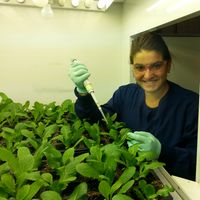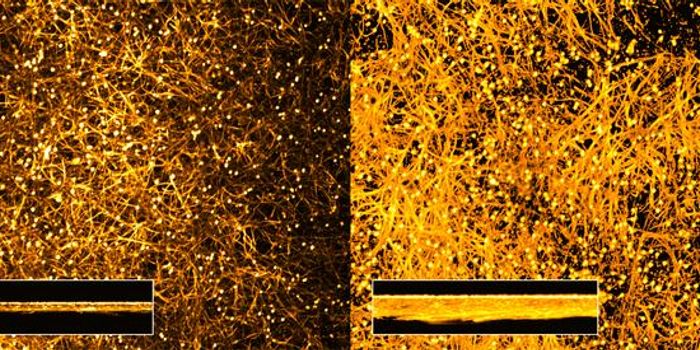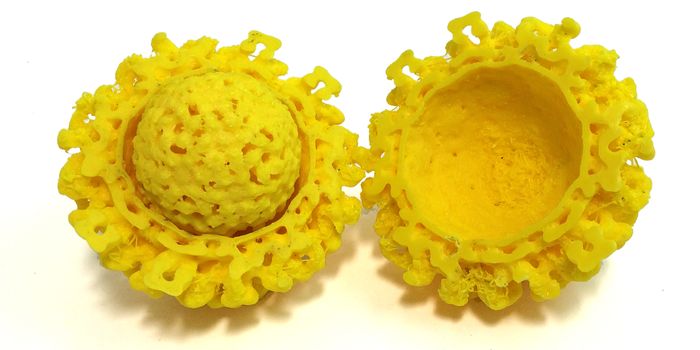Attacking Persistent Bacteria
As many of us are aware, the antimicrobial resistance crisis is now regarded as a global public health threat. Bacterial cells involved in persistent infections are of particular concern. These cells are in a quasidormant state, where they are metabolically inactive, allowing the bacteria to avoid the activity of antibiotic drugs.
A new report published in Antimicrobial Agents and Chemotherapy demonstrated that the administration of fumarate increased the efficacy of antibiotics toward killing persistent Pseudomonas aeruginosa cells. Credit: James Archer, CDC.
Chronic or persistent bacterial infections often require a longer treatment course with antibiotics, such as those infections caused by Mycobacterium tuberculosis and Pseudomonas aeruginosa. These persistent species of bacteria have the ability to remain in a state of dormancy or “metabolic hibernation” for weeks or even months in chronically ill patients only to later reemerge in a more aggressive state that can worsen the infection.
Researchers recently sought to determine how they could increase the efficacy of antibiotic treatment of Pseudomonas aeruginosa, which can cause persistent infections in cystic fibrosis (CF) patients. Pseudomonas aeruginosa is able to grow in the mucous that accumulates in the lungs of CF patients and produce biofilms, which are harder to treat using antibiotics.
Interestingly, the research team found that they could completely eradicate persistent Pseudomonas aeruginosa cells when the antibiotic tobramycin was administered with the metabolite fumarate. Out of the 21 clinical isolates tested, only 2 of them did not demonstrate better killing when fumarate was added along with tobramycin.
Fumarate plays a part in the glycolytic pathway where it generates ATP inside bacterial cells, allowing tobramycin uptake through active transport. This finding benefits CF patients specifically, because tobramycin is already approved for use to control chronic Pseudomonas aeruginosa infection in CF patients.
The authors of this study reported that no pathological effects were observed in cell culture upon treatment with tobramycin and fumarate. Although more experiments need to be performed, authors are confident that these results are a promising step toward increasing the efficacy of antibiotics toward persistent bacterial infections.









